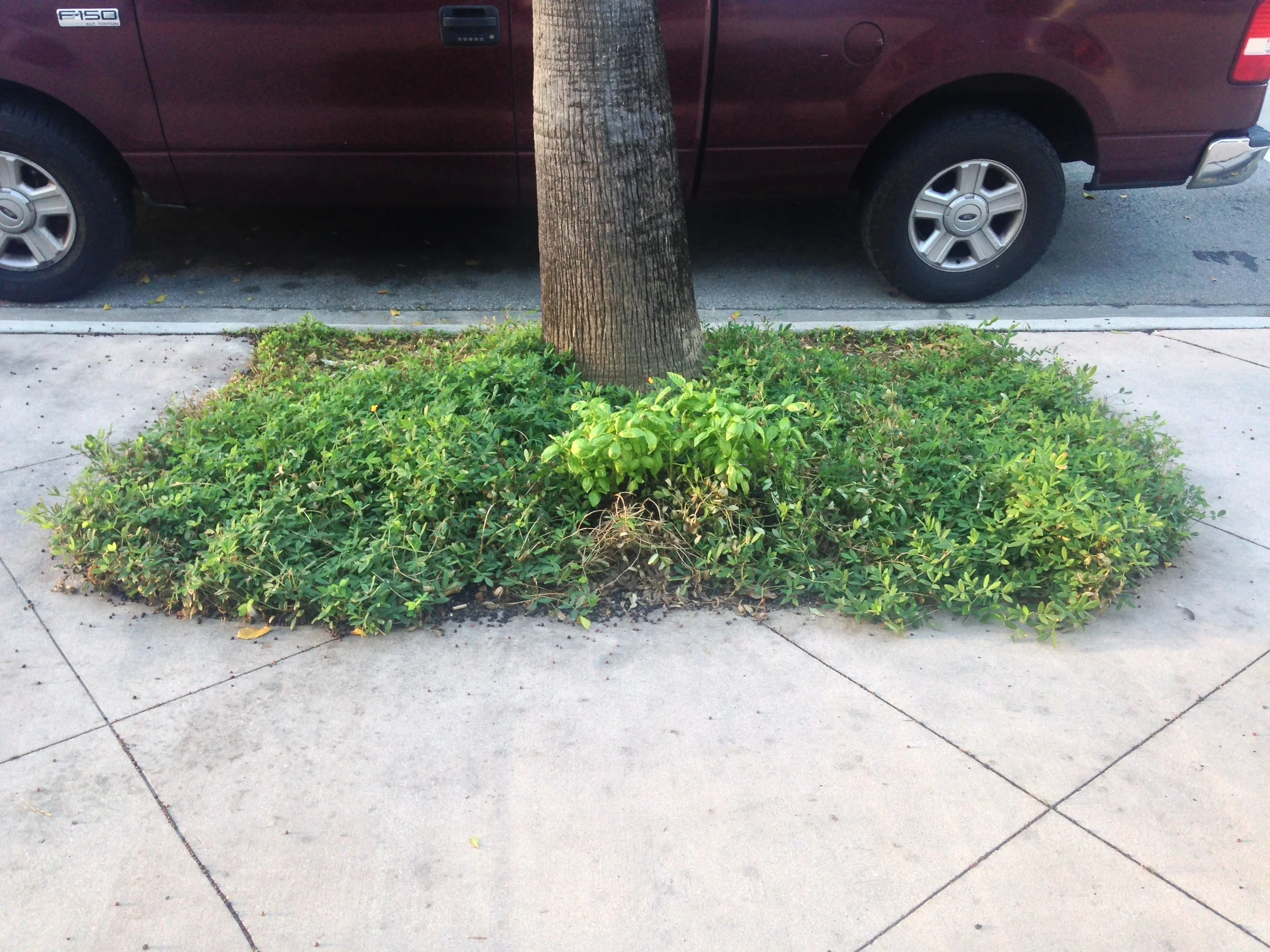















Your Custom Text Here
October 11 – November 18
Opening Sunday, October 11 from 4:30-9PM
Abandonment in this exhibition is understood in associative layers. To ban is to prohibit, and is also related to banishment, or something cast out. Civic life is in essence defined by its prohibitions. A ban is spatial, a designation within a territory. In a totalitarian-leaning democracy, the experience of having a body is an experience of being necessarily healthy or of being easily erased.
The aromatherapy of hospitals, family offices and shrines all impregnate a self-cannibalistic tendency that amplifies a type of impotence/potency. Here the perfect image of disease is autoimmune. A key aspect of this ‘health’, in its legally required form, is that those motherfuckers still make you pay.
In the exhibition Michael Jackson appears as a sign where The King (basileus) mirrors the Holy basil[1] both being ‘the incomparable one’. The transformation of MJ’s body in his lifetime is also seen as giving the body to the polis, becoming Christ-like: A body transformed and abandoned, a body with a collapsing nose, a body to eat from (Liturgically and through mass-media), a body that is given to us and that, by losing itself, or re-defining itself, keeps us waiting for its return.
This is Sam Lipp’s first exhibition at Central Fine. The exhibition will be followed later this month by a second presentation at Central Fine, Buenos Aires. Sam Lipp (B. 1989) lives and works in New York. Recent solo exhibitions include I Am An American Citizen, I Know My Rights, atNeochrome, Turin, Italy; and My Hamster Cage at, Bodega, NY. He is a co-director of Queer Thoughts (with Luis Miguel Bendaña), a contemporary art gallery in NYC.
[1]Holy basil is a plant. It is originally from India and is used in Ayurvedic medicine as an “adaptogen” to counter life’s stresses. It is considered a sacred plant by the Hindus and is often planted around Hindu shrines. The Hindu name for holy basil, Tulsi, means "The Incomparable One." Medicine is made from the leaves, stems, and seeds.
October 11 – November 18
Opening Sunday, October 11 from 4:30-9PM
Abandonment in this exhibition is understood in associative layers. To ban is to prohibit, and is also related to banishment, or something cast out. Civic life is in essence defined by its prohibitions. A ban is spatial, a designation within a territory. In a totalitarian-leaning democracy, the experience of having a body is an experience of being necessarily healthy or of being easily erased.
The aromatherapy of hospitals, family offices and shrines all impregnate a self-cannibalistic tendency that amplifies a type of impotence/potency. Here the perfect image of disease is autoimmune. A key aspect of this ‘health’, in its legally required form, is that those motherfuckers still make you pay.
In the exhibition Michael Jackson appears as a sign where The King (basileus) mirrors the Holy basil[1] both being ‘the incomparable one’. The transformation of MJ’s body in his lifetime is also seen as giving the body to the polis, becoming Christ-like: A body transformed and abandoned, a body with a collapsing nose, a body to eat from (Liturgically and through mass-media), a body that is given to us and that, by losing itself, or re-defining itself, keeps us waiting for its return.
This is Sam Lipp’s first exhibition at Central Fine. The exhibition will be followed later this month by a second presentation at Central Fine, Buenos Aires. Sam Lipp (B. 1989) lives and works in New York. Recent solo exhibitions include I Am An American Citizen, I Know My Rights, atNeochrome, Turin, Italy; and My Hamster Cage at, Bodega, NY. He is a co-director of Queer Thoughts (with Luis Miguel Bendaña), a contemporary art gallery in NYC.
[1]Holy basil is a plant. It is originally from India and is used in Ayurvedic medicine as an “adaptogen” to counter life’s stresses. It is considered a sacred plant by the Hindus and is often planted around Hindu shrines. The Hindu name for holy basil, Tulsi, means "The Incomparable One." Medicine is made from the leaves, stems, and seeds.